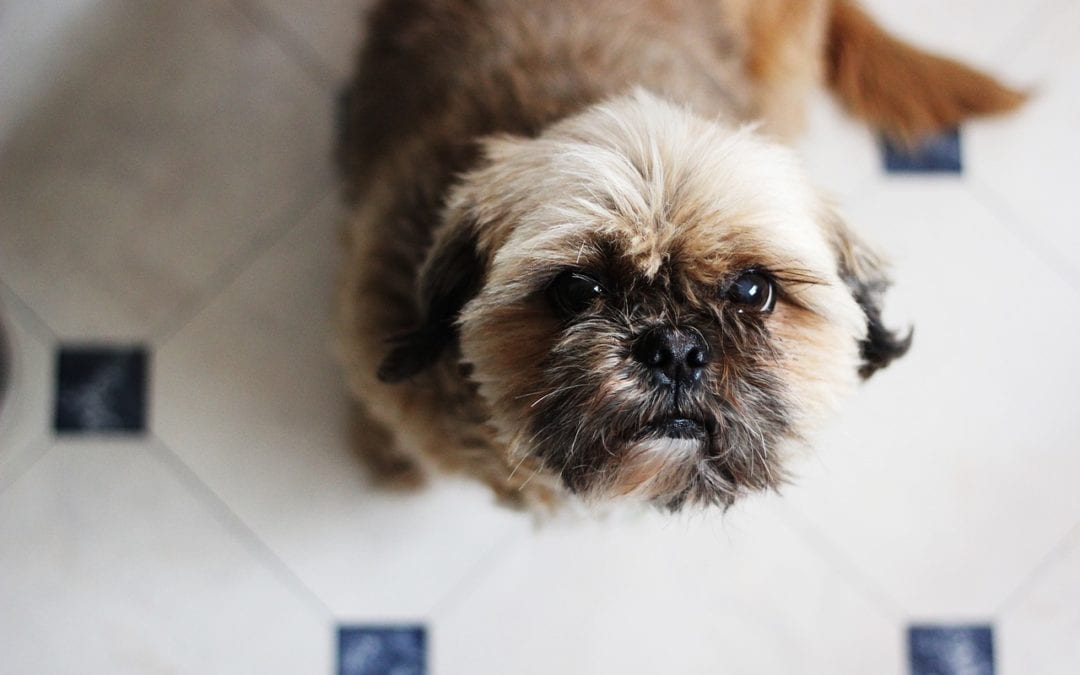While we’re busily looking at gym memberships and new diets to get us in shape for summer (or just life in general), our pets may be packing on the pounds without our noticing. Although chubby pets often make for cute advertising, pet obesity is a serious problem for more than half of the pets in this country.
Unfortunately, those pounds that were so easily acquired are often hard to shed, and many pet parents struggle with understanding the right portions, diet, or weight for their cat or dog.
So how do you address your pet’s caloric intake and maintain a healthy weight for pets?
Nutritional Assessment
The healthiest way to begin is to first take your pet in for a weight management consultation and nutritional assessment. This will help you understand the ideal weight for your pet’s age, size, and breed, as well as the most optimal diet plan for him or her. In other words: you will develop a strategy for your pet’s weight management and have the support of your Union Lake Veterinary Hospital team to guide you through those challenging and confusing dietary requirements.
Are YOU Ready?
In many cases, the biggest barrier to pet weight loss is the loving pet parent. And, most of us have been guilty of caving in to those begging eyes, so desperate for that extra treat. Before you begin to adjust your pet’s daily diet and exercise routine, make sure you are committed to portion control, additional time spent walking, and attention other than treats. After all, they’re counting on us to be accountable for them, and we will be rewarded by encouraging a healthy, more energetic quality of life for them.
Pet Weight Management Tips
Now that you have developed your weight management plan with your veterinarian, have quality, nutritious food, understand the appropriate portion size for daily meals, and are totally on board, what are some other ways you can adhere to your pet’s weight loss or healthy weight management plan?
We’re glad you asked…
- Weigh your pet weekly to ensure he or she is not losing weight too quickly and to assess your pet’s progress.
- Be realistic and set reasonable timelines for your pet’s weight loss. (Your consultation and strategy will help you determine the process.)
- Redefine the concept of weight loss… after all, healthy weight management is a lifelong endeavor and will contribute positively to your pet’s quality of life for years to come.
- Stay on track with your pet’s daily exercise plan. Those 20-30 minute walks can really help your pet maintain an optimal weight – and, they get you moving, too.
- Invest in a kitchen scale for portion accuracy.
- Feed pets separately, or find a place to stash your finicky friend’s food so others cannot access it. A common challenge in multi-pet households is that some pets resist eating quickly, so food gets left out for those who prefer to gobble everything up.
- Maintain a “food log” to help you keep track of those daily meals or treats.
- Yes, treats count when it comes to calories – consider baby carrots or fresh green beans instead of Milk Bones.
- Or, instead of treats, reward your pet with more attention, playtime, or challenging puzzles or toys.
- Make sure family members and guests understand the importance of your pet’s new dietary plan and ask them to help you stick to those rules.
If you suspect your pet needs an adjustment to diet or weight, your Union Lake Veterinary Hospital team can provide you with recommendations and guidance. Call us to schedule a nutritional consultation and wellness exam.

